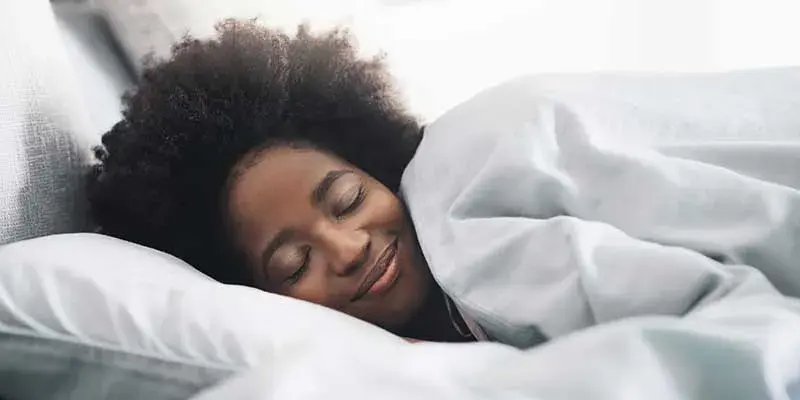While counting sheep has long been touted as a way to fall asleep, when it comes time to relax and rest from a long day, it is not exactly a proven method to help you get the Z’s you need.
According to Dr. Zachary Coller, a board-certified physician practicing in Internal Medicine, Sleep Medicine, and Pulmonary Medicine with Ascension Medical Group Saint Thomas in Mt. Juliet and Lenox Village, the average person needs between seven and nine hours of sleep each night. There are many benefits of good sleep, like better physical and mental health, but many people still struggle to get the right amount.
Coller, who specializes in treating patients to help them achieve high quality and restorative sleep, as well as to help other pulmonary diseases, said to get the best night’s sleep, “it’s best to maintain a normal sleep-wake routine.
“It’s also important to allow time to transition from day and night,” Coller added. “Too often I’ve seen people put sleep on their “to do” list and expect to fall asleep when convenient.”
Some negative effects that come with not getting enough sleep include:
- Chronic sleep deprivation, which leads to increased risk for heart disease;
- Weight gain (which also makes it difficult to lose weight);
- Mental health disorders;
- Increased risk of death from accidents;
Further, Dr. Coller explains that as we age that we may also experience more sleep problems.
“When we age, the deeper restorative sleep decreases and the lighter stages of sleep increase, which makes it easier to wake,” Coller said. “As such, our sleep becomes increasingly fragmented, meaning that we wake more throughout the night. Pain and other health conditions also affect our quality of sleep.”
Some things we can do to better manage sleep are:
- Put the phone down (or even better, keep it out of the bedroom);
- Avoid excessive caffeine or alcohol intake, as both can negatively affect your sleep;
- An active lifestyle also contributes to good sleep.
“An active lifestyle, meaning intentional exercise, indirectly improves sleep by improving weight and overall health,” Dr. Coller said. “When to exercise in relation to sleep is still unclear. The main takeaway is that exercise, in any fashion is good, so pick a time that works the best for you.”
